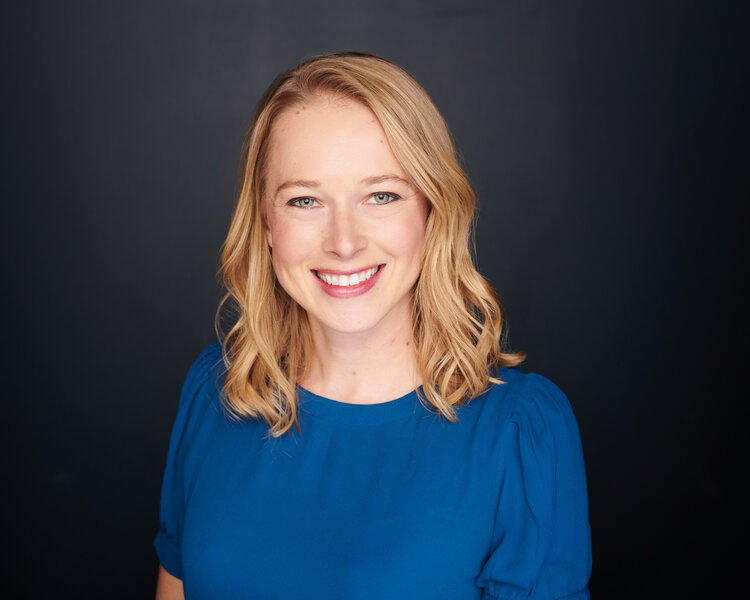Olga Khazan is sipping a perfectly ordinary chai latte, dressed in a regular old T-shirt and sweater. She smiles a pleasant smile, then says hello and shakes hands in a manner that’s entirely conventional. She seems, to all outward appearances, normal.
When this fact is pointed out to her, Khazan lets out a loud laugh. The DC author could be hearing that a lot now that she’s promoting her new book, Weird: The Power of Being an Outsider in an Insider World. “Being weird is more like an internal feeling that I carried over from childhood,” she explains. Khazan grew up a Russian Jewish immigrant in West Texas and spent most of her free time alone. She joined the high-school newspaper as a way to be more connected. “A lot of people who struggle with social interaction are drawn to journalism. Interviewing people gives you a constant way to practice.” Khazan moved to Washington to attend American University. Now she’s a staff writer for the Atlantic, where, she insists, “I’m still not cool.”
Weird is a work of reported nonfiction with a dash of self-help. Khazan writes about her own history and explores the stories of other people who make the most out of not fitting in: a Mormon missionary in Bulgaria, a trans woman who was mayor of a Texas town, a liberal professor in a conservative county, and so forth. She peppers each narrative with expert research on how to combat social anxiety. In some ways, the book was a way “to report my way out of my problems,” she says with a laugh.
At its core, Weird is an argument for nonconformity—for embracing the things that make you different rather than trying to stifle them. “It’s good to be weird,” Khazan says. “Your weirdness probably helps you a lot more than you realize. It’s never too late for weirdos.”
That’s certainly true for Khazan, who, over the course of reporting the book, came to reconsider some of her own notions about herself. “It made me think maybe I’m not so different from everyone,” she says. After all, if most people think they’re a little odd, then that makes being strange . . . normal.
This article appears in the April 2020 issue of Washingtonian.


















